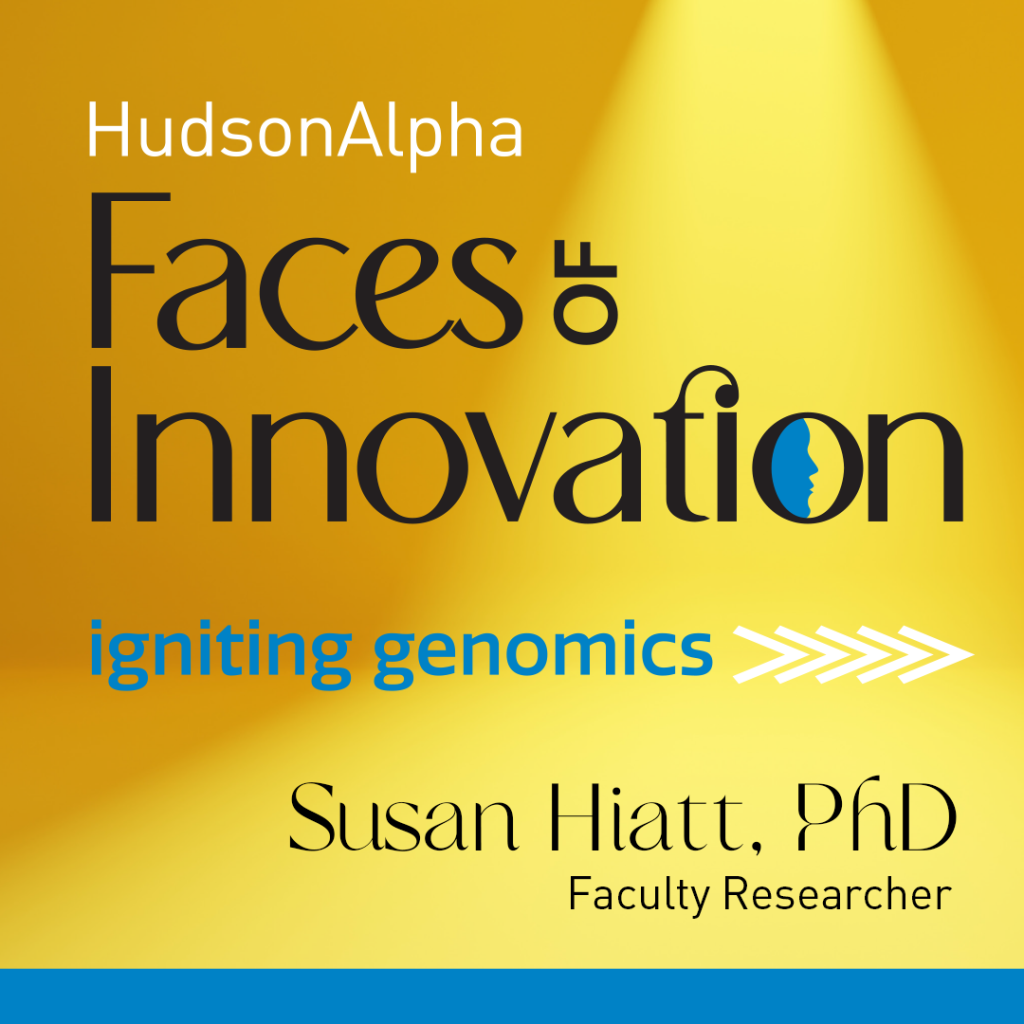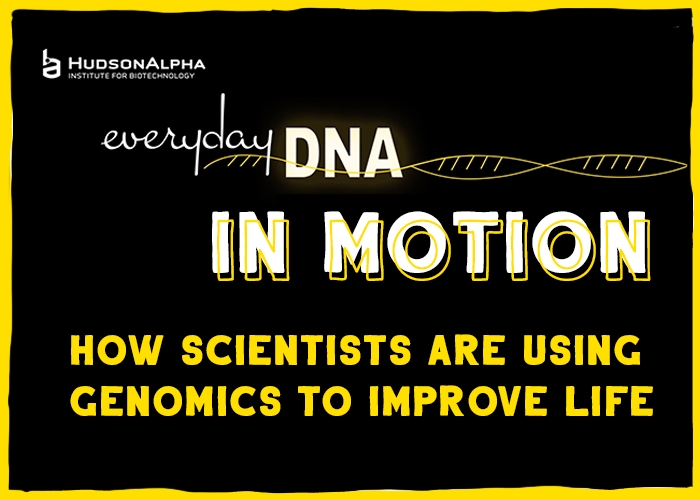Sandra Gaston, PhD, discussed her unique technique for collecting biopsy samples in a presentation at the HudsonAlpha Institute for Biotechnology on Wednesday, Nov. 11.
Gaston is a principal investigator at Tufts Medical Center, the scientific director of the TMC Biorepository and the director of urological research at New England Baptist Hospital.
She makes her samples, called tissue prints, by blotting a fresh tissue surface with nitrocellulose. Nitrocellulose — a paper-like material also called gun cotton — is widely used for diagnostic tests because proteins stick to it.
The tissue prints are immediately snap frozen, preserving the thin layer of cells that has transferred to the paper. The method preserves RNA and DNA quality, and it allows researchers to vastly increase the number of samples they can use without damaging the original tissue. With more samples, researchers can conduct more studies. Basically, tissue prints give researchers greater experimental power.
Andy Crouse, PhD, hosted the seminar. Crouse is the intellectual property and industry partnerships developer at HudsonAlpha. He met Gaston and learned of her innovative tissue print technique when she was visiting Conversant, an associate company on the HudsonAlpha campus.
“I saw the potential for Dr. Gaston’s technique to be used in multiple research projects here at HudsonAlpha, and I wanted to be sure our faculty had the opportunity to learn more about its benefits,” Crouse said.
While Gaston’s technique could be applied to any research that uses tissue samples, she uses the prints to study prostate cancer biopsies.
Gaston’s research has particularly focused on why men with African ancestry are more likely to develop deadly types of prostate cancer. “We should be making progress in the area,” she said. “These are problems that just have to be solved.”
Gaston is working with researchers at the University of Alabama at Birmingham (UAB) who are part of the Birmingham Alabama Prostate Cancer Consortium (BAPrCA), a program that also cooperates with HudsonAlpha. The consortium hopes to define the molecular characteristics that result in different types of prostate cancer. That understanding could help physicians and prostate cancer patients make decisions about their treatment options.
The next seminar will be at noon on Wednesday, Dec. 2 featuring Dr. Jeff Kidd of the University of Michigan.


